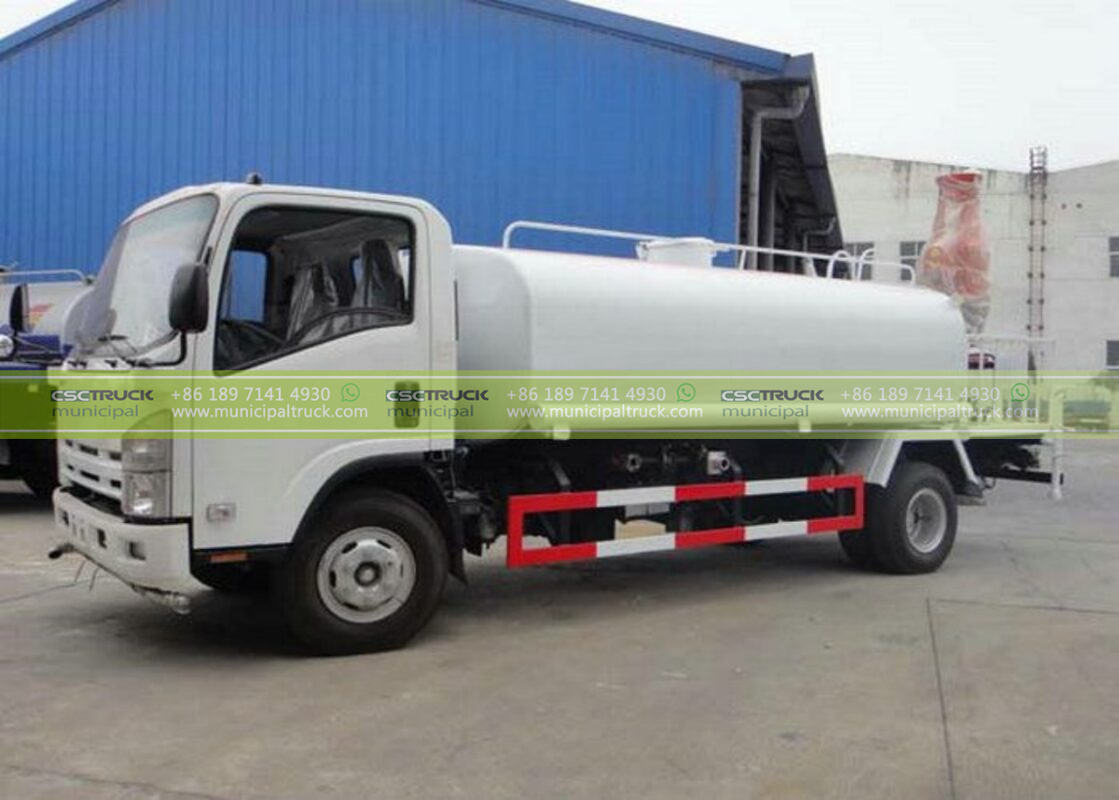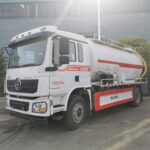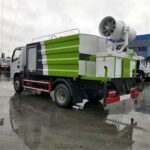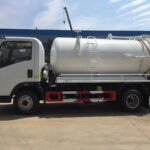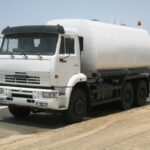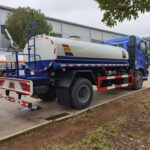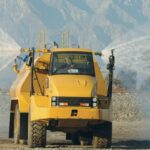In a world where access to clean and potable water remains a critical challenge for many communities, the role of water bowser trucks cannot be overstated. These versatile vehicles, also known as water tankers or water trucks, play a pivotal role in ensuring the safe transport and storage of water, especially in areas where a reliable and consistent supply of this precious resource is lacking. This article explores the significance of water bowser trucks in addressing water-related challenges, their various applications, and the innovations shaping their future.
The Vital Role of Water Bowser Trucks
Water is a fundamental human need, and its availability is often taken for granted in many developed regions. However, a significant portion of the global population faces water scarcity issues daily. In such areas, water bowser trucks emerge as lifesavers, providing a lifeline for people who lack access to clean and safe drinking water.
Emergency Relief
One of the most critical applications of water bowser trucks is in emergency relief efforts. Natural disasters, such as hurricanes, earthquakes, and floods, can disrupt water supply systems, leaving communities without access to clean water. Water bowser trucks are rapidly deployed in these situations to provide affected populations with essential drinking water, preventing the outbreak of waterborne diseases and alleviating suffering.
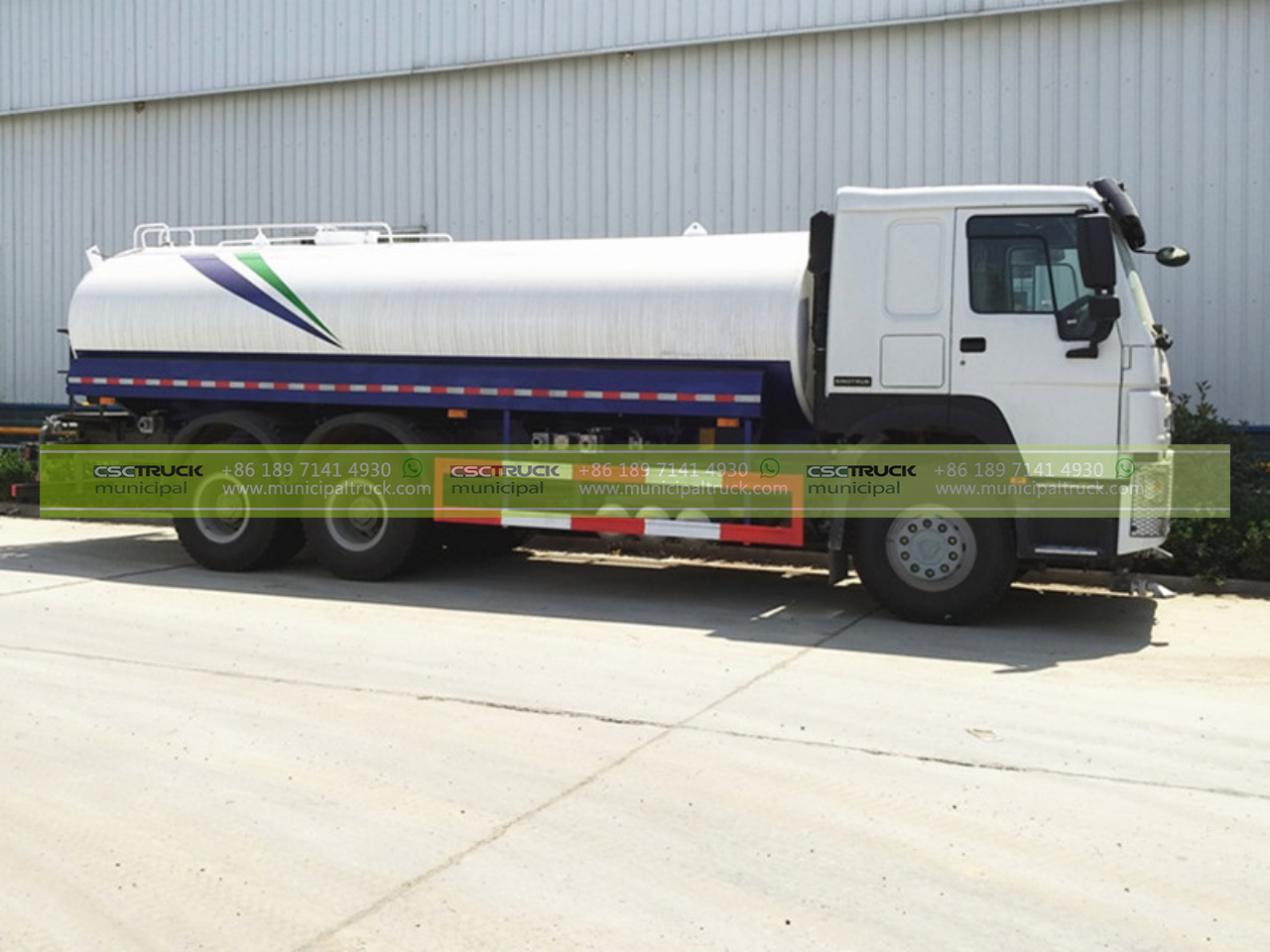
Remote and Rural Areas
In remote and rural areas, where centralized water supply infrastructure is absent or insufficient, water bowser trucks are often the primary means of delivering water to communities. These trucks navigate challenging terrains to reach isolated villages and provide residents with water for drinking, cooking, and sanitation.
Construction and Industry
Beyond serving humanitarian purposes, water bowser trucks are indispensable in construction and industrial activities. Construction sites require a consistent supply of water for activities like dust control, concrete mixing, and equipment cooling. In industrial settings, water is used for various processes and cooling purposes, and water bowser trucks ensure a steady and reliable supply.
Agriculture
Agriculture, the backbone of many economies, relies heavily on water. Water bowser trucks are employed in agriculture for irrigation purposes, ensuring that crops receive the required moisture for growth. In regions with irregular rainfall patterns, these trucks play a crucial role in mitigating drought effects.
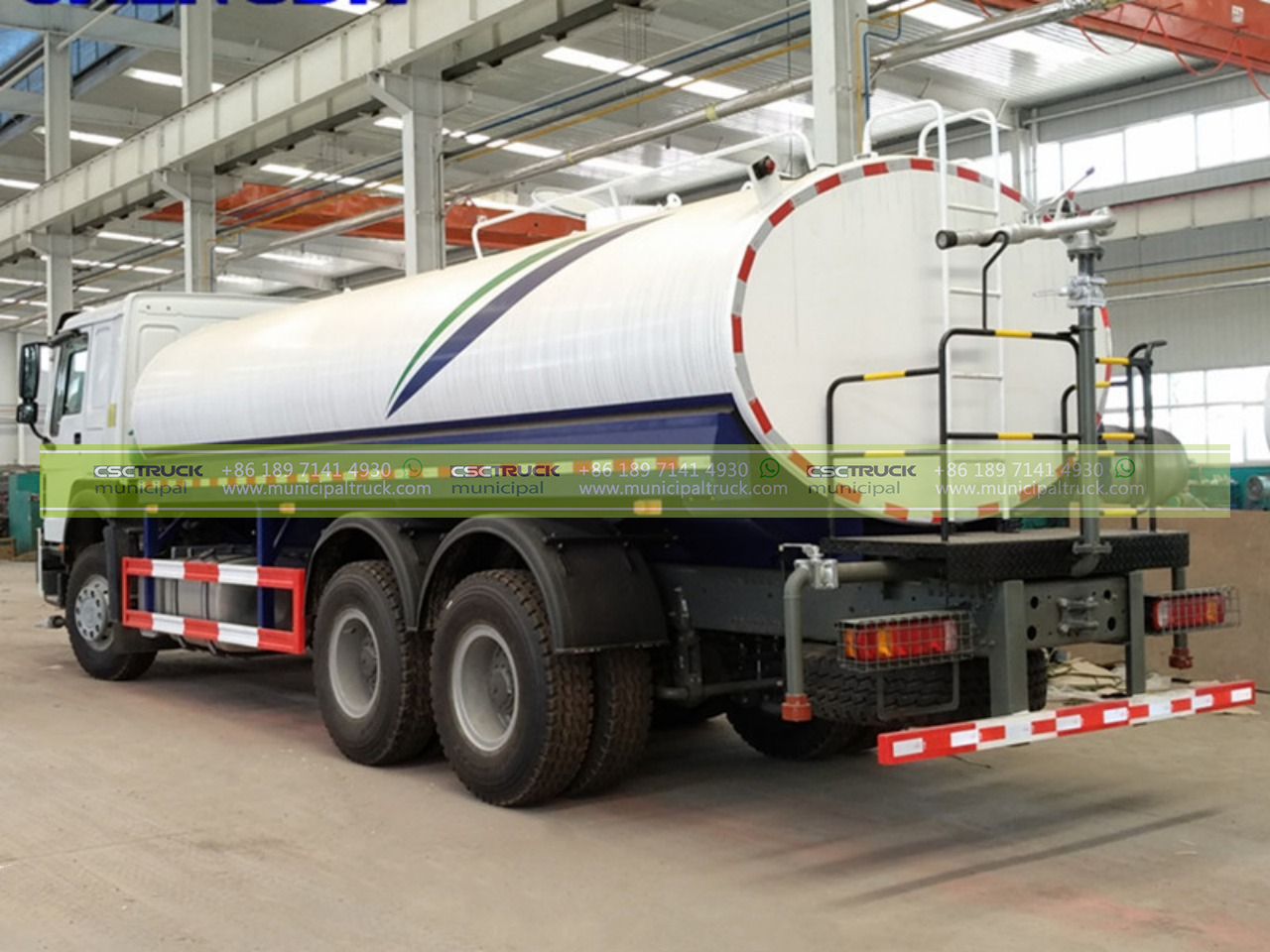
Municipal Services
Municipalities utilize water bowser trucks for various purposes, including street cleaning, firefighting, and maintaining green spaces. These versatile vehicles are equipped with specialized attachments to perform these tasks efficiently.
Key Features of Water Bowser Trucks
Water bowser trucks come in various sizes and configurations, with features designed to meet specific requirements. Some key features include:
1. Tank Capacity: The tank capacity of water bowser trucks can vary widely, from a few hundred gallons to several thousand gallons, depending on the intended use.
2. Materials: The tanks are typically made of materials like stainless steel, plastic, or fiberglass to prevent corrosion and contamination of the water.
3. Pumping Systems: Water bowser trucks are equipped with high-powered pumping systems to fill and empty the tanks efficiently.
4. Spray Nozzles: Some water bowser trucks have spray nozzles for controlled water distribution, making them ideal for road maintenance and dust suppression.
5. Safety Features: To ensure the quality and safety of the transported water, many water bowser trucks have built-in filtration systems and compliance with relevant health and safety standards.
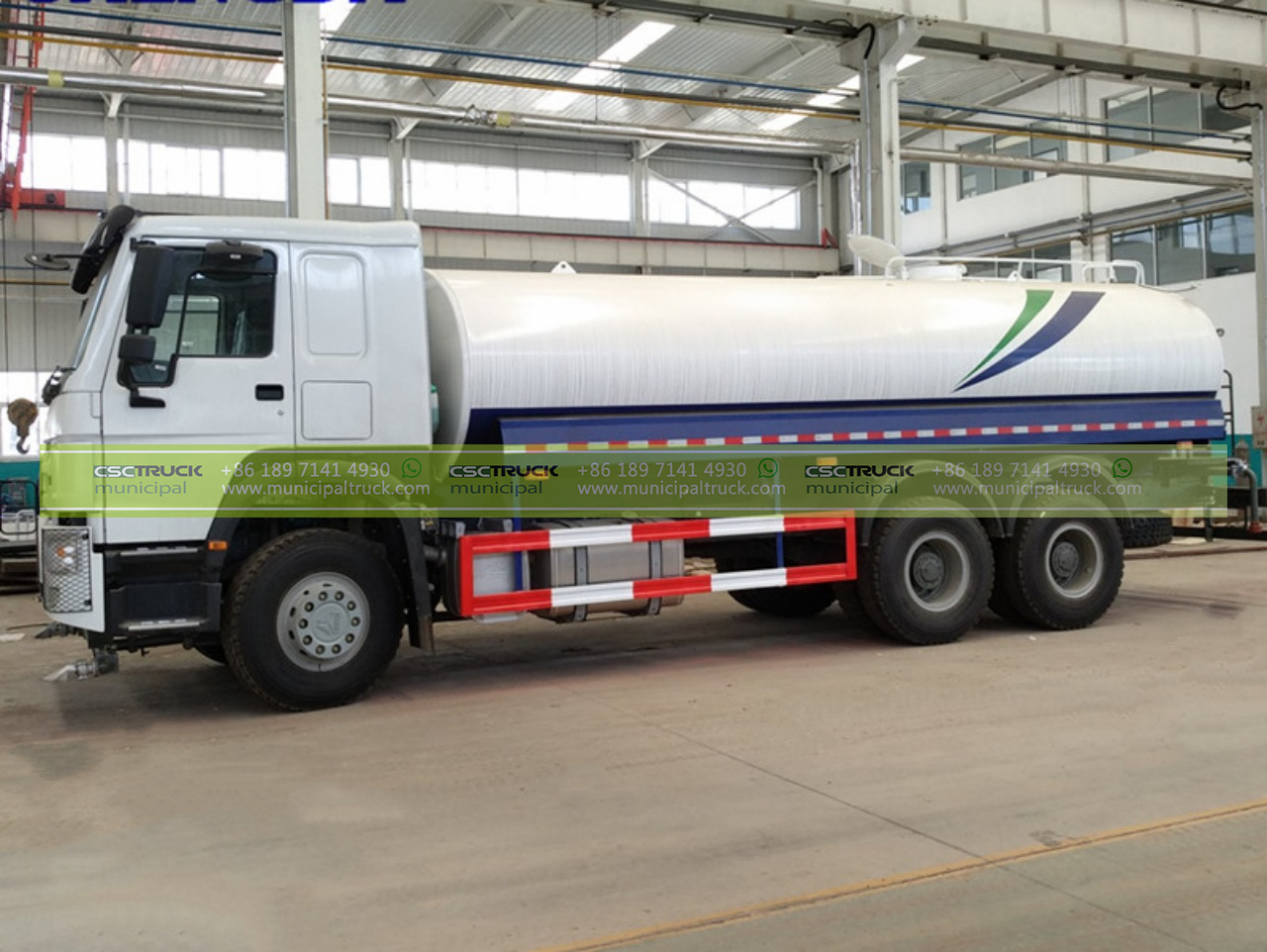
Innovations in Water Bowser Technology
As technology advances, so do water bowser trucks. Innovations in this field are helping improve their efficiency, sustainability, and reliability.
1. Telematics and GPS: Many modern water bowser trucks are equipped with telematics and GPS systems, allowing operators to monitor the vehicle’s location, water levels, and usage in real-time. This data helps optimize routes, reduce fuel consumption, and enhance overall efficiency.
2. Hybrid and Electric Models: In line with the global push for sustainability, hybrid and electric water bowser trucks are emerging. These vehicles reduce carbon emissions, making them environmentally friendly alternatives.
3. Water Purification Systems: Some water bowser trucks are now equipped with onboard water purification systems, ensuring that the water they transport is safe and potable even in the most challenging environments.
4. Remote Control and Automation: Automation technology is being integrated into water bowser trucks, allowing for remote operation and precise control of functions like filling, emptying, and spraying.
Challenges and Future Outlook
Despite their invaluable role in water transport and storage, water bowser trucks face several challenges. These include:
1. Water Quality: Ensuring the water quality during transportation and storage remains a concern. Contaminated water can lead to health issues, so maintaining proper sanitation and filtration systems is essential.
2. Maintenance and Upkeep: Water bowser trucks require regular maintenance to function optimally. Neglecting maintenance can lead to breakdowns and compromised water quality.
3. Environmental Impact: Traditional diesel-powered water bowser trucks contribute to air pollution. Transitioning to cleaner energy sources, such as electric or hydrogen-powered vehicles, can help mitigate this impact.
4. Accessibility: In some regions, access to water bowser trucks may be limited due to financial constraints or lack of infrastructure. Bridging this gap is crucial for ensuring equitable access to clean water.
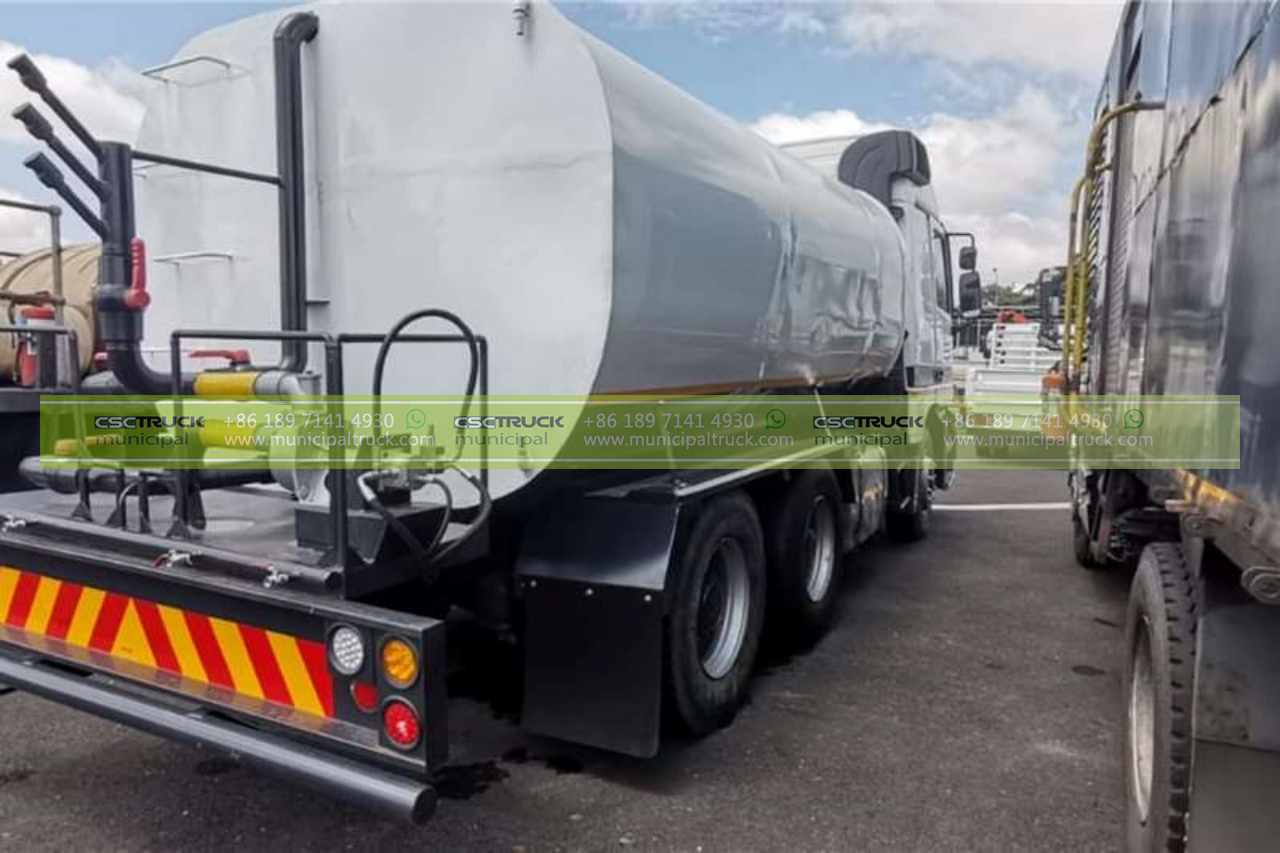
In conclusion, water bowser trucks are indispensable tools in addressing water-related challenges, from emergency relief efforts to sustaining communities in remote areas. Their versatility, coupled with ongoing technological advancements, continues to make them essential for water transport and storage. As we move toward a more sustainable future, innovations in water bowser technology hold the promise of improving their efficiency while minimizing their environmental impact. The significance of these vehicles in safeguarding access to clean and safe water cannot be overstated, making them a lifeline for countless communities around the world.
Contact us for this municipal truck or similar trucks: [email protected] Call us or What's APP us: +86 189 4292 3930

